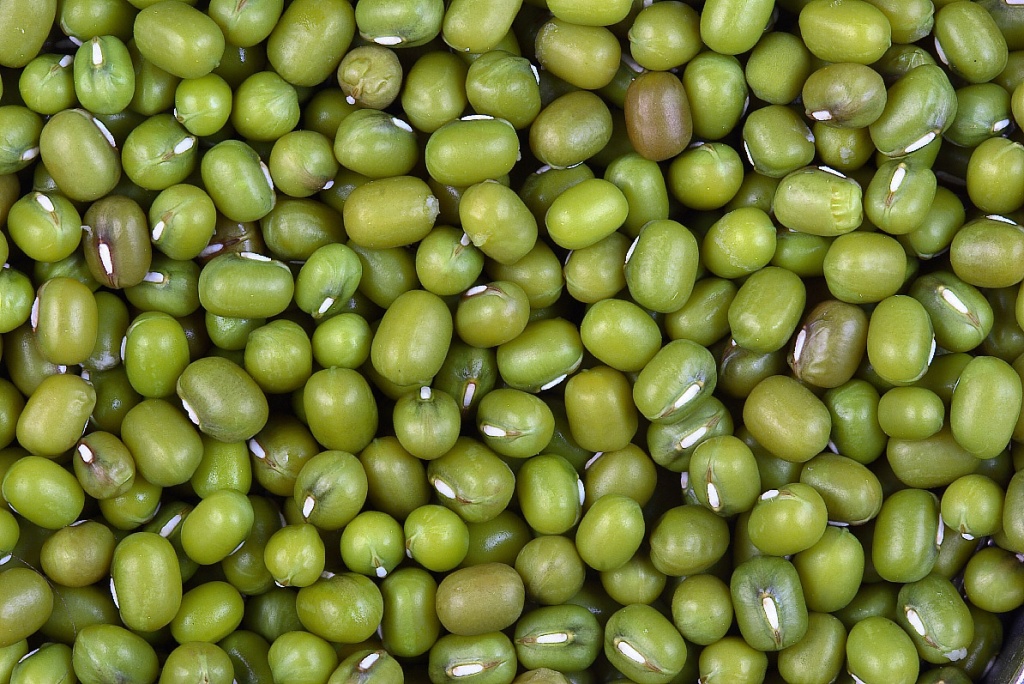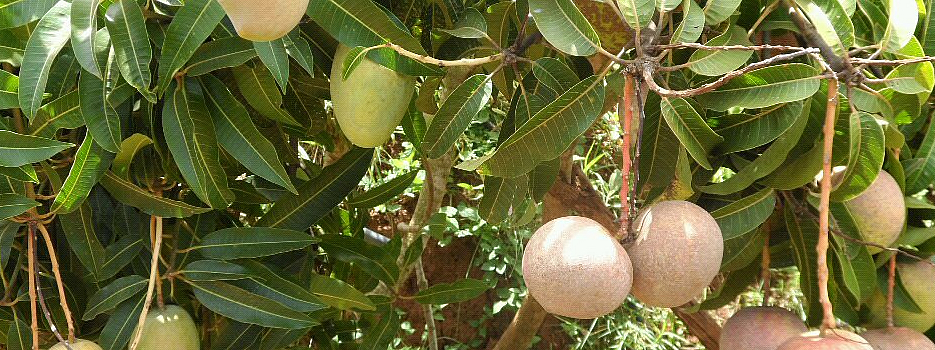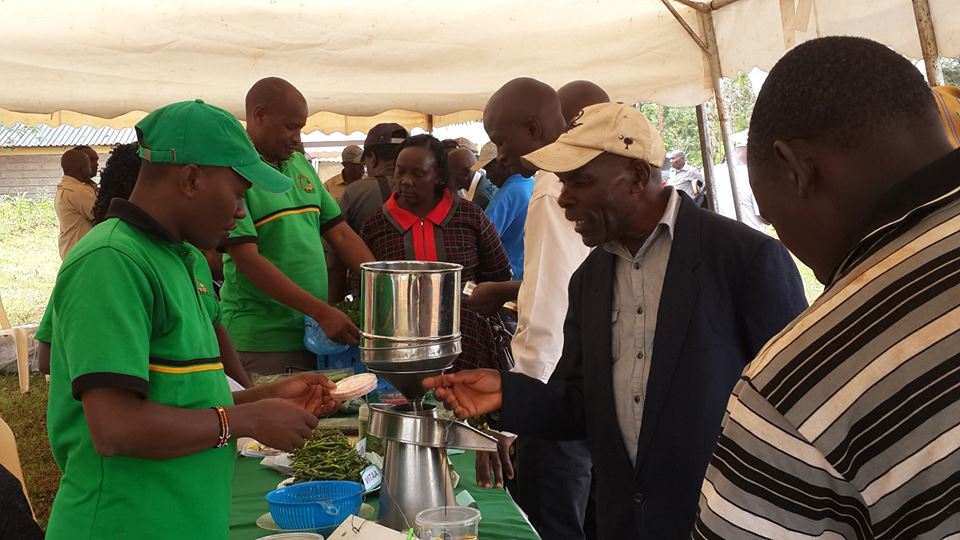
The N26 green gram variety.
A farmer from Kasiokoni area in Kitui is hoping to increase his green gram yields from 500kgs per season to 900kgs thanks to the N26 green gram variety developed by Dryland Seed Limited (DSL) to adapt to dry climatic conditions.
John Nzau, who owns a one and half acres farm, has been planting uncertified seeds leading to low yields. He is one of the farmers who last year benefited from the Kenya Red Cross (KRCS) agency and the county government partnership where the two parties launched Ndengu Revolution food security project targeting 200,000 small holder farmers in Kitui County.
RELATED STORY: More than 6,000 farmers benefit from free green grams seeds in Kitui
“I am sure that the new seeds that can withstand our harsh weather conditions will lead to the increase of my yields by March and April, the planting season when we expect rainfall,” said Nzau.
“I have been planting seeds I bought from a friend which I keep on replanting every season and the produce have been decreasing with time.”
The N26 variety matures within 60-65 days after planting and is tolerant to harsh climatic conditions such as Kitui’s hot semi-arid condition with annual rainfall ranging between 300mm-1050 mm.
According to the county government, ndengu revolution is appropriated for the region because it has the best soils for growing the crop which does not require a lot of rainfall.
RELATED STORY: Green grams sprout in arid Makueni
Towards the end of last year KRCS issued 200 tonnes of certified green gram seeds worth Sh50 million to the farmers.This was part of the agreement where the county government paid Sh250 for each farmer while KRCS topped up the balance of the other Sh250 for 2kg of the seeds which costs Sh500.
The county government expects increase in production and cash in the coounty. A kilo of N26 green gram seeds can yield 90kg which can further produce 36m kilograms and when sold at Sh100 per kilogram gives a total of Sh36b in one season.
To further help farmers like Nzau, the humanitarian agency has set aside Sh500m to buy the produce which is locally known as ndengu in Kiswahili from local farmers to shield them from exploitation by unscrupulous middlemen.
RELATED STORY: Green grams and groundnuts retailing highest across Kenyan markets
According to KRCS’s secretary general, Abbass Gullet, there is high demand for Kenyan green grams in Asian countries, including India, China, Japan, Saudi Arabia, and Pakistan among others.
“Dealing with brokers who mostly come from Nairobi has been a problem. They dictated the price of our produce after making us feel desperate thus selling just to avoid missing the market,” said Nzau.
“It is encouraging that our county government will also assist us access agricultural extension services and technical advice from agricultural experts, upping yields.”
Write comment (0 Comments)

















